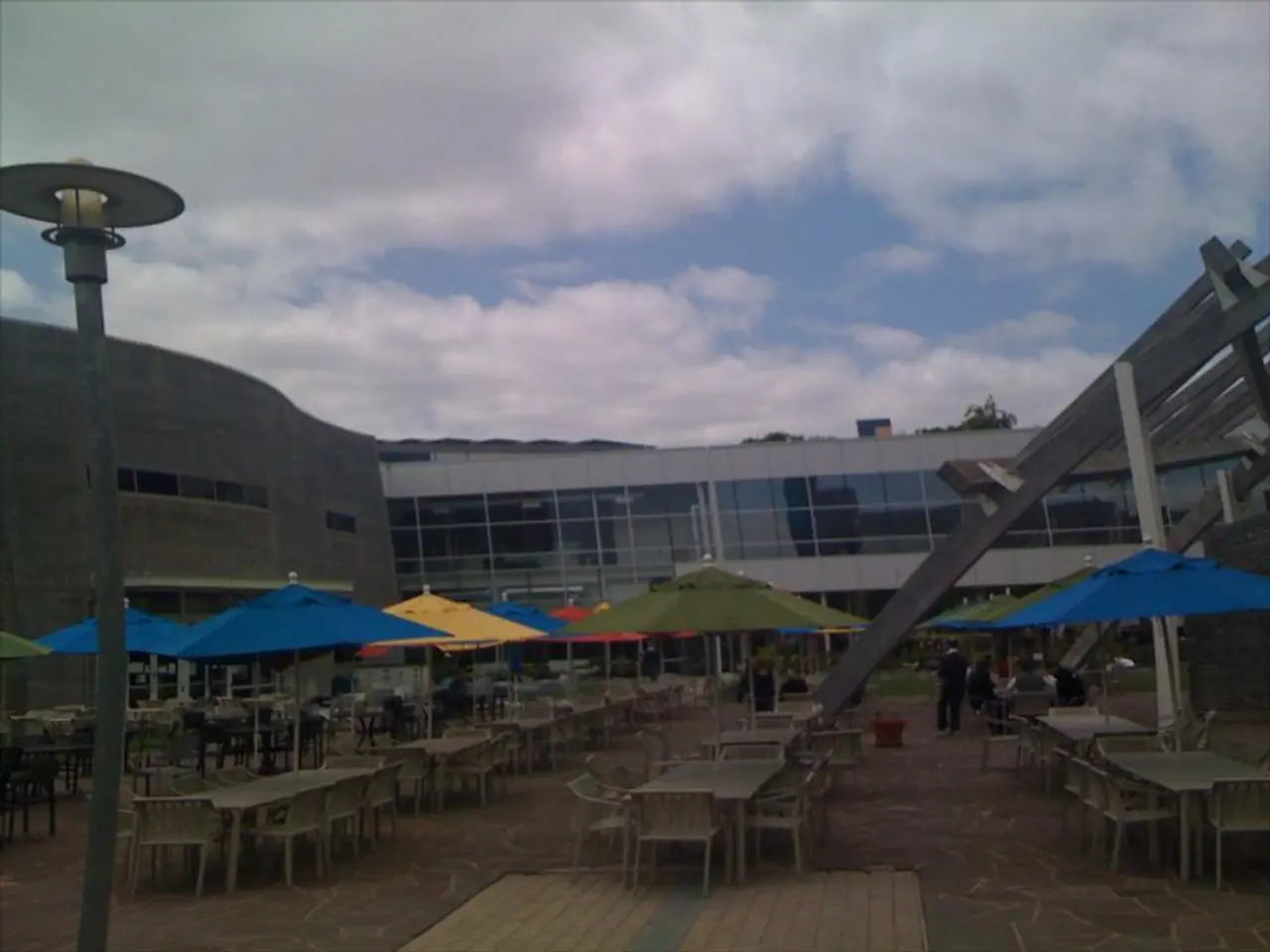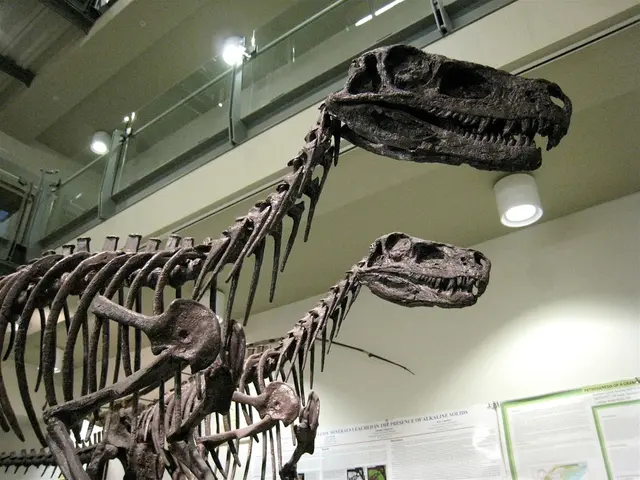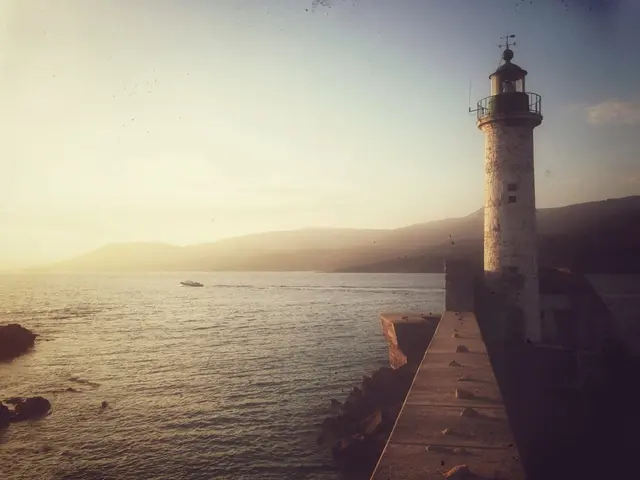High-end travel takes center stage at UN training course for tourism executives in Asia and the Pacific region
In the aftermath of the global pandemic, the luxury tourism industry is evolving to cater to new consumer behaviors and technological opportunities. The 18th UN Tourism Asia-Pacific Executive Training Programme on Tourism Policy and Strategy has highlighted key strategies that could pave the way for successful luxury tourism development in the post-pandemic era.
One of the strategies emphasized is the adoption of asset-light and technology-driven business models. Companies like Fosun Tourism Group, for instance, have achieved strong profitability by leveraging asset-light approaches and AI tools. These technologies automate customer interactions, improving efficiency and boosting revenues in luxury resorts worldwide.
Another critical strategy is global diversification. Expanding presence in diverse markets, such as the Americas and EMEA, helps capture emerging demand and insulate from regional shocks, essential for sustained luxury tourism growth.
Emerging high net worth individuals (HNWI), particularly Millennials and Gen Z, prioritize immersive, authentic, and purposeful luxury experiences over mere exclusivity or material possessions. This necessitates evolving destination design, service, and environmental responsibility to resonate with younger, globally mobile clients.
Sustainability and wellness are also becoming increasingly important. The post-pandemic traveller demands sustainability and wellness integration, including innovative trends like sleep tourism, offering curated wellbeing retreats to meet growing health-conscious consumer expectations.
The use of data and technology is also crucial. AI-powered personalization and seamless travel experiences—such as contactless check-in and personalized itineraries—enhance customer satisfaction and operational agility.
These combined approaches suggest that post-pandemic luxury tourism development is less about exclusivity alone and more about delivering technologically enhanced, sustainable, and meaningful experiences for an evolving demographic of affluent, experience-seeking travelers.
The 18th UN Tourism Asia-Pacific Executive Training Programme, organised in collaboration with the Ministry of Tourism, Creative Industry and Performing Arts, Sarawak and the Ministry of Culture, Sports and Tourism of the Republic of Korea, focuses on luxury tourism growth across the region. It features four interactive sessions, each focused on a key theme for successful luxury tourism development strategies in the post-pandemic era.
Topics covered in the sessions include destination management strategies and marketing, personalized customer experience and service excellence, and investment guidelines for luxury tourism development. Quality tourism standards are also emphasized for long-term environmental and cultural preservation.
Member States agreed that each destination should rely on its own assets to develop a unique luxury tourism brand identity, using digital marketing, AI, and data insights. Sustainable aspects are important in every step of the luxury traveler journey. Human connection and interventions are essential for luxury travelers.
The 18th UN Tourism Asia-Pacific Executive Training Programme will take place in Kuching, Malaysia, from October 28-31, 2024. Participants highlighted their respective countries' key assets, opportunities, and administrations' efforts to tackle challenges for the implementation of successful luxury tourism policy and strategies. This approach positions policymakers as enablers for luxury tourism development.
Meaningful experiences, including exclusive and personalized aspects, are crucial in luxury tourism. Policymakers need to adopt a long-term strategic approach for investment in luxury tourism, leading to strong brand equity and diverse revenue streams. Investment in luxury tourism should incorporate sustainable investment practices.
References:
[1] Fosun Tourism Group's Success Story: https://www.forbes.com/sites/douglascohn/2021/06/15/fosun-tourism-group-leverages-ai-to-revamp-its-luxury-resorts/?sh=71405e5d646c
[2] Millennial and Gen Z Travel Trends: https://www.skift.com/2019/06/20/millennial-and-gen-z-travel-trends-what-they-want-and-how-to-attract-them/
[3] The Rise of Wellness Tourism: https://www.skift.com/2019/03/27/the-rise-of-wellness-tourism-how-the-industry-is-changing-and-what-it-means-for-travel-companies/
[4] Sleep Tourism: The New Wellness Trend: https://www.forbes.com/sites/margarettalev/2019/03/27/sleep-tourism-the-new-wellness-trend/?sh=61609e663407
Read also:
- Leg Vein Clot Treatment, Post-treatment Care, and Preventive Measures
- Kentucky joins nationwide 'Drive Sober' campaign spanning August 13 to September 1, ahead of Labor Day holiday.
- AI Actively combating Corruption within Government Institutions
- New CEO at Safe Harbor emphasizes expansion plans: "Growth is the goal"








